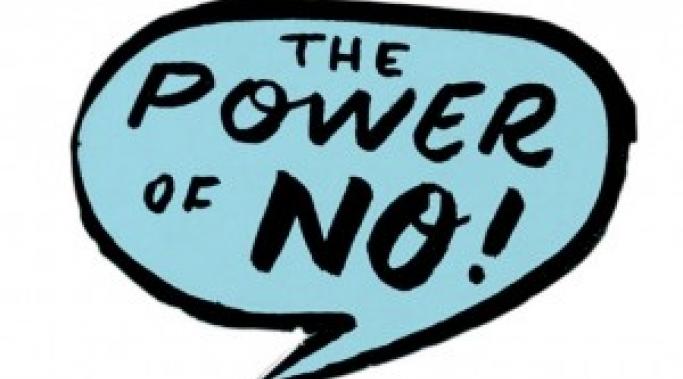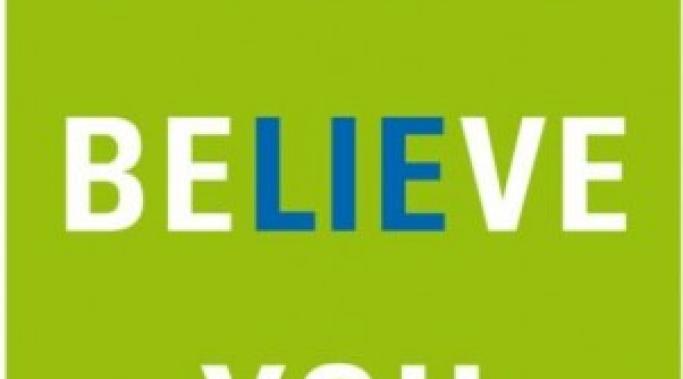Blogs
This past year I learned how to achieve bliss through the power of saying no. I never understood how to be truly at peace until I learned the power of saying the word no. This past year, I’ve learned how to say "yes" to bliss by saying "no" to the things that don’t bring me happiness. Learning the power of saying no has been a key component to my bliss and happiness.
Why should you stop comparing yourself to others? The main reason is that comparing yourself to others is destructive to your self-esteem. When you compare yourself to others, you might think they have it all together and believe you should be the same. You might treat life as a competition and base your worth in comparison to what other people are good at, their looks, personalities, what they have or what they’ve achieved. You may be too hard on yourself for not being like others and fail to see your own unique qualities. Comparing yourself to others is destructive to your self-esteem--and you can learn to stop it.
With schizophrenia and schizoaffective disorder, it's easy to fall into the trap of self-stigma. When you think about the investigation into the mental state of the Germanwings co-pilot who crashed a plane into the French alps or the comment you overhear in the grocery store about the “crazy” shopper who takes “an hour” to pick the right eggs, suddenly you feel suspect and unreliable, internalizing stigma from the outer culture. This, of course, only serves to make the experience of schizophrenia and schizoaffective disorder, and the stigma from the outer culture, worse.
Starting new psychiatric medication can affect self-injurious behavior. Starting when I was in my early teens, I was given many different combinations of medications to take for my mental illness. The medication side effects ranged from hives to hallucinations. The worst part about taking a different pill every couple of months was the uncertainty of how it was going to affect my mood. Most of the medications simply failed to make me better, but a few had severe adverse effects on my mood and overall health that were impossible to ignore. As a self-harmer, handling the stress and mood changes that comes along with new medications is vital to recovery. In short, you need to know the effects that new psychiatric medication may have on your self-harming.
There are lies about psychiatric medications. Psychiatric medications are controversial due to the stigma of mental illness. I remember a college friend of mine told me she didn't trust anything that altered the emotions, even though she admitted the medications had made a positive difference in my life. It doesn't help that there is a lot of misinformation about psychiatric medications. Here are three lies people believe about psychiatric medications.
A desire to self-harm can be affected by social media. It is sad that most wars have been over something as simple as differing beliefs. I have never been into politics or religion (I support believing in whatever your heart holds to be true), but it does bother me when someone expresses a belief and they get attacked because of it. Whether that attack is verbal, physical or online, it still hurts those who aren’t secure or confident in the skin they wear. Sometimes the pain caused on social media can translate into self-harm.
Do you know how the United States treats psychosis -- a condition that affects millions of Americans? I am not an expert in psychosis, nor have I, personally, experienced psychosis, but one thing I’m pretty sure about is how the United States treats psychosis is all wrong.
One of the most memorable mental health therapy sessions I have ever had focused almost entirely on the question “what does your anorexia do for you?" That was it, just those few words, lost on the vast, white surface of the display board. There were no hidden meanings, no underlying hints of the rhetorical. I was simply faced with the one question I had never been seriously asked before: does mental illness serve a purpose? And my mind exploded, shifting perspectives in a rare and colossal flash of clarity.
Learn the truth about self-esteem and how you can change your life with simple and achievable changes.
When you have binge eating disorder, coping after a binge or overeating can be tough. Binge eating disorder is a serious mental illness that is can be very difficult to control. Occasionally, you will slip and binge. The strongest person with the most self-control is sometimes not able to fight off the compulsion to keep eating and the inability to stop once you've started. You might feel a lot of different things after you've binged and that's completely natural. But remember, this one lapse does not mean that you've lost the battle. You can cope after a binge or overeating.










I believe she will only be able to rid herself of her demons, and hopefully her BPD as well, when she's ready to confront the abuse of her father. If she can put the blame where it belongs, she may stop projecting that victim/perpetrator cycle on the present men in her life. These demons are a metaphor for the purgatory she has created for herself. That reality has consequences in the real world, but it need not be real in the tangible sense. Exorcising her demons will require the expenditure of real physical energy and probably the destruction of aspects of her personality. If this ever happens, and it's possible but not probable, then these demons will evaporate. They are only as real as one's personality is real. In short, reality is not the question, it's what you make of the things you feel to be real.